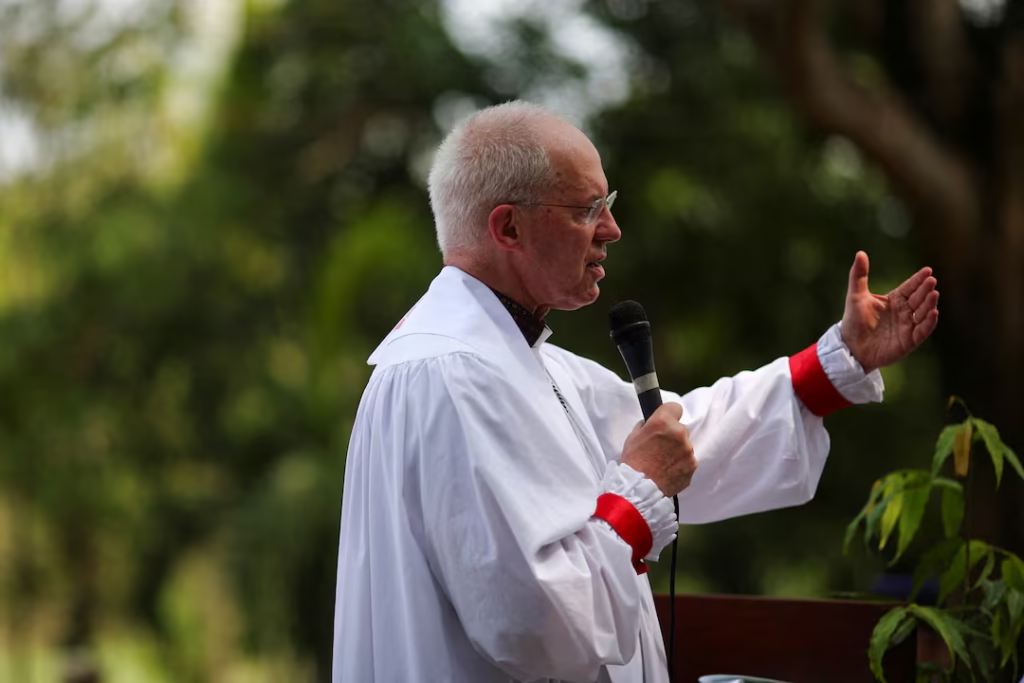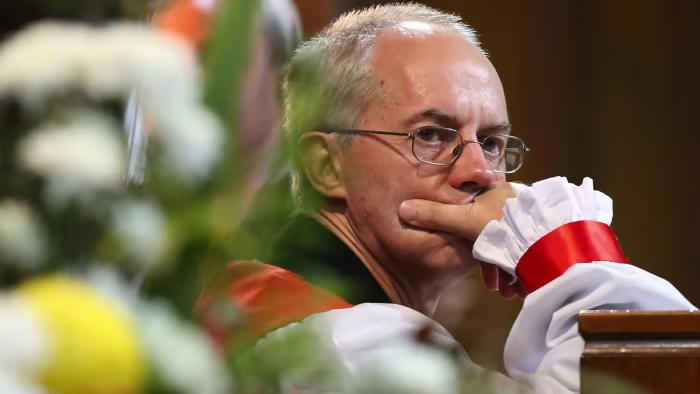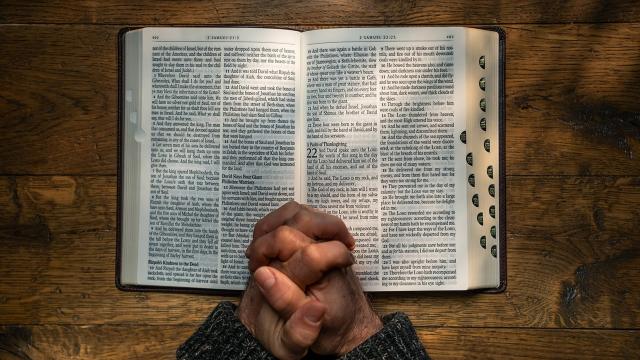The Church of England is navigating turbulent waters as Archbishop of Canterbury Justin Welby steps down on Monday, concluding his tenure under the shadow of a high-profile abuse cover-up scandal. Adding to the institution’s challenges, his interim successor, Archbishop of York Stephen Cottrell, is also under scrutiny for his handling of a separate abuse case, leaving the Church in a precarious position.

Justin Welby, 69, announced his resignation in November following the findings of an independent inquiry that criticized his insufficient response to one of the Church’s most egregious abuse cases. The case involved John Smyth, a man accused of abusing young boys during Christian summer camps decades ago. Smyth passed away in 2018, but the inquiry revealed that Welby had failed to take adequate action to address the allegations.
In his resignation statement, Welby accepted “personal and institutional responsibility” for the Church’s failures in addressing what he called “heinous abuses.”
As the leader of the Church of England and spiritual head of the worldwide Anglican Communion, representing over 85 million Anglicans, Welby’s departure marks a significant moment for an institution grappling with declining faith in Britain and deep internal divisions over its stance on LGBTQ+ issues.

Archbishop of York Stephen Cottrell, the Church’s second-ranking cleric, will assume Welby’s duties on an interim basis while a permanent successor is chosen—a process that could take up to six months. However, Cottrell himself faces allegations of mishandling a sexual abuse case involving a priest, David Tudor.
According to a BBC report, Cottrell allowed Tudor to remain in his role despite being aware that the Church had barred him from being alone with children. It was only later that Tudor was suspended and ultimately banned for life from ministry in October.
Cottrell has apologized for not acting sooner, stating that he took action “at the first opportunity” once additional information came to light. The case has cast a shadow over his interim leadership, further complicating the Church’s efforts to rebuild trust.
The Church of England is also contending with broader challenges, including a steady decline in religious affiliation. A 2019 British Social Attitudes (BSA) report found that only a third of Britons identified as Christian, a sharp drop from 66% in 1983.
Internal divisions over the Church’s approach to same-sex couples have also fueled tensions, raising questions about its relevance in modern society.

Adding to the turmoil, former Archbishop of Canterbury George Carey resigned as a priest last month following allegations of mishandling the same abuse case involving Tudor.
Experts warn that the current situation could leave the Church vulnerable. Linda Woodhead, head of the Department of Theology and Religious Studies at King’s College London, expressed concern about the lack of stable leadership.
“The Church could soon find itself with no archbishop at the helm,” she said. “This would create significant problems, even in the safeguarding realm, let alone other aspects of Church governance.”
In his Christmas Day sermon, Cottrell acknowledged the gravity of the scandals, urging the Church to confront its failings. “The Church must strip off her finery and kneel in penitence and adoration,” he said.
As the Church begins the search for its next leader, it faces immense pressure to address its internal divisions, regain public trust, and strengthen its safeguarding practices to prevent further harm.



